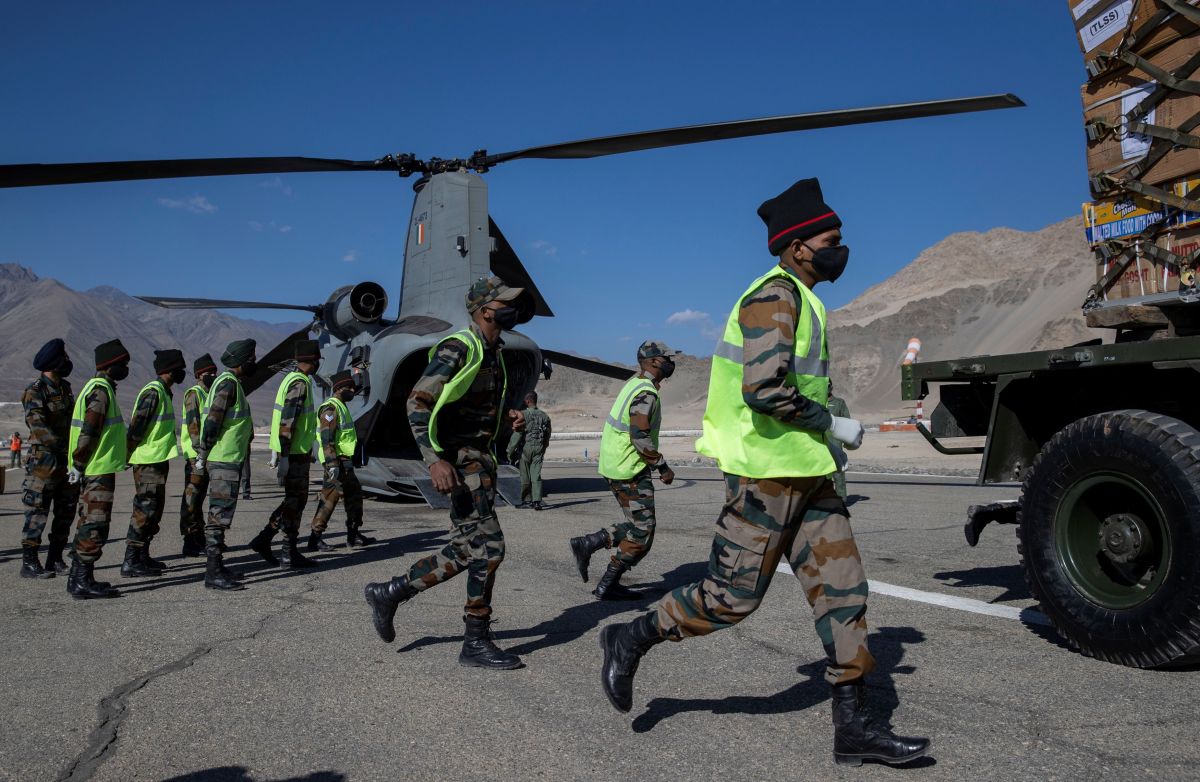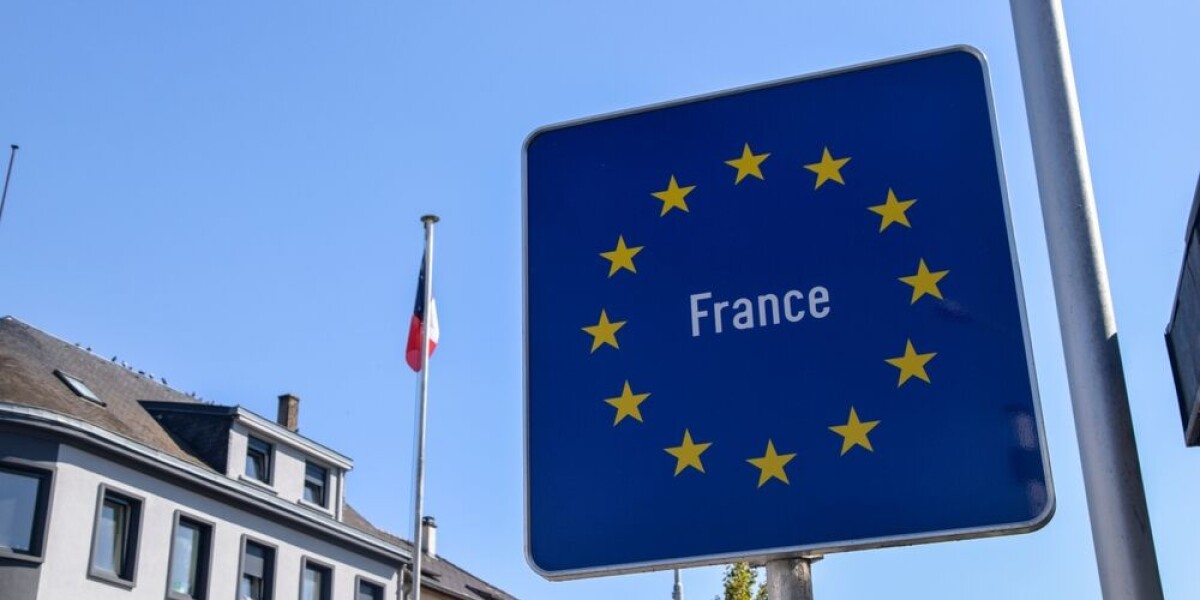
- Select a language for the TTS:
- UK English Female
- UK English Male
- US English Female
- US English Male
- Australian Female
- Australian Male
- Language selected: (auto detect) - EN
Play all audios:
When the Chief of the Defence Staff, General Sir Nick Carter addressed the nation as part of the Government’s daily briefings, he highlighted the vital work being done by the Armed Forces to
help combat the Coronavirus. Most tellingly he revealed that the 77 Brigade were “helping to quash rumours from misinformation, but also to counter disinformation.” When we think of the
Armed Forces, the work that comes to mind tends to involve camouflage, ships, planes and guns and in most cases, that’s still how it goes. Our Armed Forces are deployed around the world
protecting borders, protecting British assets and fighting insurgencies that threaten the lives of millions at home and abroad. Increasingly, however, the nature of modern warfare is
evolving. I say “evolving” as to say it is “changing” would imply that the traditional threats and those who wish to harm us have changed. They have not. There is still a daily threat from
Isis, both in the Middle East and on the streets of London. Russia is still pushing at the borders of Eastern Europe, requiring a full-equipped Nato taskforce in Ukraine, Poland and any
other vulnerable states. Indeed, in March, UK fighter jets had to be scrambled to intercept Russian Aircraft heading to UK airspace. These are in many ways traditional problems that require
traditional solutions of boots on the ground, well trained pilots and the best possible equipment. However, we have now heard from multiple sources, including the DCMS Select Committee, that
there is a disinformation campaign being run, in English, to target the UK and US specifically — 80 per cent of all that disinformation is coming from Russia and China. The aim of this
campaign is to spread confusion, fear and discontent among the general population. This is a long way from conventional armed conflict. In February, it was announced that instead of a
traditional Strategic Defence and Security Review being carried out by the MOD, it would have a much wider brief, including foreign policy. So far, so good. In an increasingly global world
to separate defence, security and foreign policy from one another no longer makes sense. In light of Covid-19, this new review, initially scheduled for September, has been delayed with no
set date for its return. While this makes total sense under the current circumstances, and being able to dedicate full resource to this project rather than scrambling something through with
other, more immediate concerns happening alongside it is a good thing, it also opens up a range of possible problems. Firstly, the renewal of many public defence programmes is anticipated to
come out of the Integrated Review. If these are put on hold, the ability of defence companies to keep spending money on developing the best possible equipment for our Armed Forces is
immediately curtailed, as they have no promised income. Secondly, we risk being drawn into a reduction in defence spending if spending levels remain linked to GDP. As the economy takes a
battering from Covid-19 there will be those who seek to make savings wherever possible, and historically we have seen this hit the Armed Forces. If this were to take place despite the
growing number of threats we face as a nation, both physically and virtually, then we can only sit back and watch as Russia and China flex their military muscles on the world stage.








